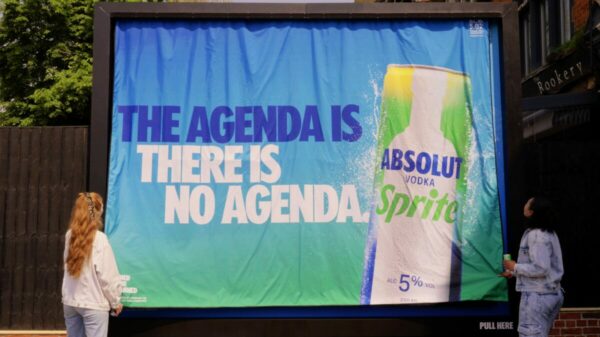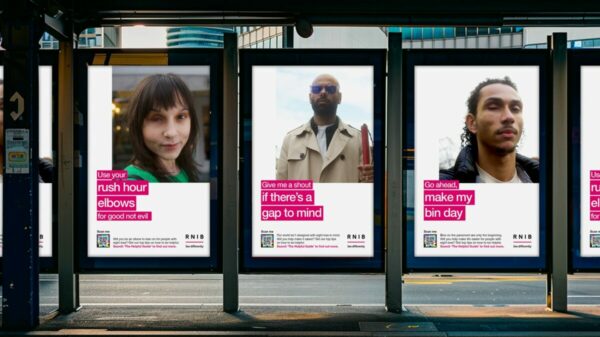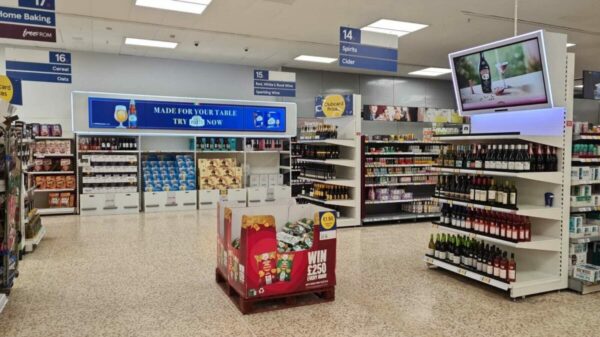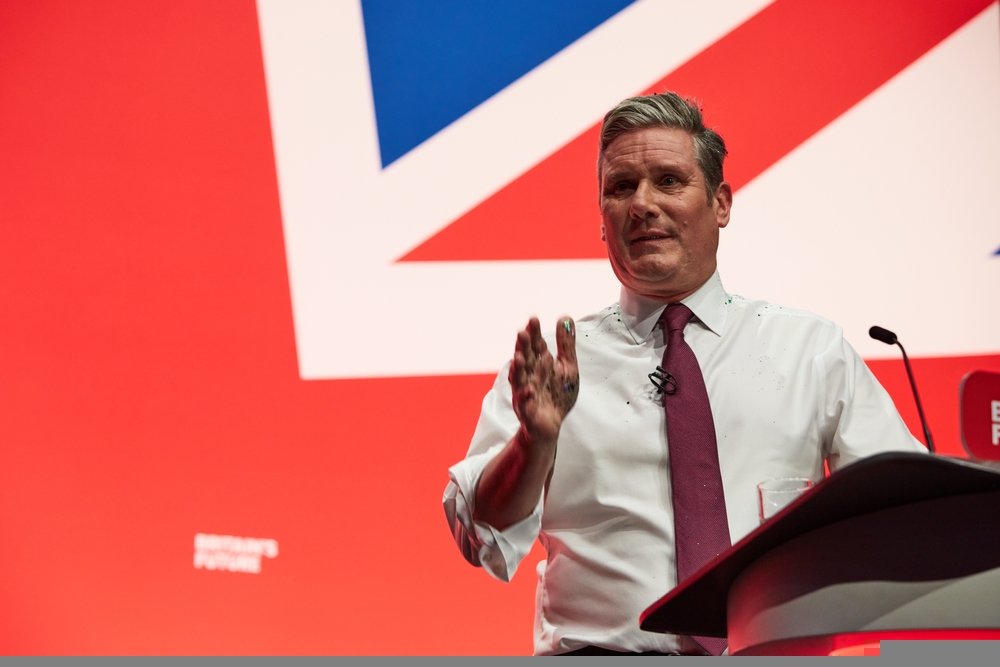When EasyHotel looks in the mirror, it sees itself exactly as it is – no delusions of grandeur, no five-star aspirations – it knows precisely what it is, and plays up to that image wholeheartedly.
Unabashedly toying with budget hotel stereotypes, CEO Karim Malak smiles as he recalls a recent campaign poster that read: “You haven’t come all this way to explore your hotel.”
Priding itself on its sustainability and streamlined business model, EasyHotel is rapidly establishing itself as a highly disruptive force within the European hospitality sector.
As a global cost-of-living crisis continues to squeeze households in a vice-like grip, the demand for travel and the escapism it provides has been far from quashed – with customers increasingly searching for cost-effective alternatives to traditionally pricy getaways.
It would appear that for many, large-scale budget chains like EasyHotel are that alternative, as is evidenced by its growing presence across a variety of international markets.
“The beauty of being a budget hotel chain is the number of demographics you can target”
When outlining EasyHotel’s key operational areas of focus Malak homes in on three anchorage points: “Our goal is to offer three simple pillars to our customers; super price, super low carbon and super easy.”
The beauty of the brand’s image lies in its overt simplicity – aided in no small part by its distant cousin, the low-cost airline EasyJet, a fact which Malak openly recognises: “We have an immense asset with this orange logo and being linked in the eyes of the customer to EasyJet.
“So of course it’s a blessing, but it’s also a challenge, because we have no links in any way with EasyJet, except that we share a common philosophy.”
That common philosophy being that both have marketed themselves as large-scale low-cost alternatives to their respective traditional market players, and therein lies the true benefit of operating within that model: its versatility.
As Malak explains: “The beauty of being a budget hotel chain is the number of demographics you can target, you have your people on a budget, looking for the cheapest kind of accommodation, but without sacrificing on the essentials.
“But there’s a second demographic, which is all of those people who could maybe afford something a bit more upscale, but they want to be discerning with their money and with their budget.”
It is this status as an ‘outsider’ or alternative to the established international chains that allows EasyHotel to take a slightly different approach with its marketing strategy, as Malak elaborates: “We would rather market our hotel based on what the destinations are, rather than what the hotel is.
“Being an outsider to the traditional hotel, the Hiltons, the IHGs, Hyatts, and Accor, etcetera, we have to be a bit quirky in our communication and use a certain tone of voice which is a bit different.”

“We have all the essentials, that’s where we’ll spend our money”
At the very heart of the chain’s recent runaway success lies its incredibly astute, ultra-streamlined business model, anchored in its very tangible credentials as a low-carbon operator.
“We have buildings that from their inception are built, from operation to disposal, to be low-carbon compared to the industry,” says Malak.
“In terms of operations, we have a very lean model – we have no restaurants – as that’s not something you use every day. There’s restaurants all over the city, and we’re always centrally located.
“We have all the essentials,” he adds. Doing the basics well is what the chain is prioritises, such as 30-centimetre-thick mattresses and extensive soundproofing. “That’s where we spend our money.”
“Where we won’t spend our money is on having large rooms, so we probably have less square metres than what you’ll find elsewhere.
Guests may also be slightly taken aback by the apparently low numbers of staff, with the hotelier preferring a smaller, targeted presence, with “limited teams that are there for welcoming and keys”. It offers automated check-ins as well.
“At the end of the day, it’s being the best value for money.”
To receive more marketing news just like this subscribe to our FREE daily newsletter
“Passing on savings to the customer. That’s what it’s really about.”
With the current global financial situation facing a continued downturn, the budget hotel chain is truly coming into its own.
Two years of pent-up travel demand are being released all at once, and yet there is very clear evidence to suggest that travellers are far more discerning with their pursestrings now than in the pre-pandemic era. So is the current environment one in which brands like EasyHotel could thrive?
“Passing on savings to the customer. That’s what’s it’s really about,” Malak outlines. “It’s about optimising operations, optimising everything so that customers have savings compared to other hoteliers. They are becoming a lot more discerning in what they choose to do.”
Reiterating that aforementioned campaign poster, he continues: “It all comes back to the fundamentals, do you want to explore your hotel, or have a good time somewehere else?
“You want to save on your hotel and you want to explore the city. That’s really our tagline, which is: ‘And the city is yours’.”
It would certainly appear that the chain has tapped in to prevailing attitudes, clearly illustrated by the business’ very healthy returns. It is currently trading 60% above its July 2019 figures, which Malak describes as “exceptionally good”. The average increase since February is just over 45%, which puts Easyhotel well in front of the competition.

“The Easy brand is so big and has its own natural awareness, that it’s very easy for us to enter any specific market in Europe.”
It would seem that EasyHotel’s future is bright then, with continued expansion on the cards despite a turbulent global economy.
The brand currently operates 43 hotels across 11 countries; Belgium, Bulgaria, France, Germany, Hungary, the Netherlands, Portugal, Ireland, Spain, Switzerland and the UK. And with numerous hotel openings pencilled in for the coming 12 months, Malak is understandably optimistic about the future: “We are increasing market share in all the locations where we’re present.”
With 23 of those hotels located in the UK, EasyHotel remains very much a British brand. The hotelier’s place within the EasyGroup portfolio however is proving an invaluable asset for international expansion: “The Easy brand is so big and has its own natural awareness, that it’s very easy for us to enter any specific market in Europe.”
Rather than pushing for further expansion into new markets, the brand is instead focusing on consolidating its operations where it already has a presence, with Spain, Germany and France particular areas of focus for greater development.
Perhaps the brand’s staggering recent success reflects the beginnings of a wider change in societal attitudes, as people’s priorities gradually shift to align with the hotelier’s core philosophy.
With customers feeling the global inflationary pinch, they are increasingly re-evaluating what truly matters – and for many it is very much the destination, and not the hotel.










1 Comment. Leave new
look at your hotel in London Paddington, prison cells are better